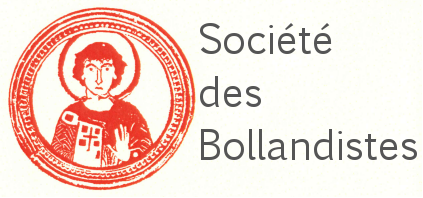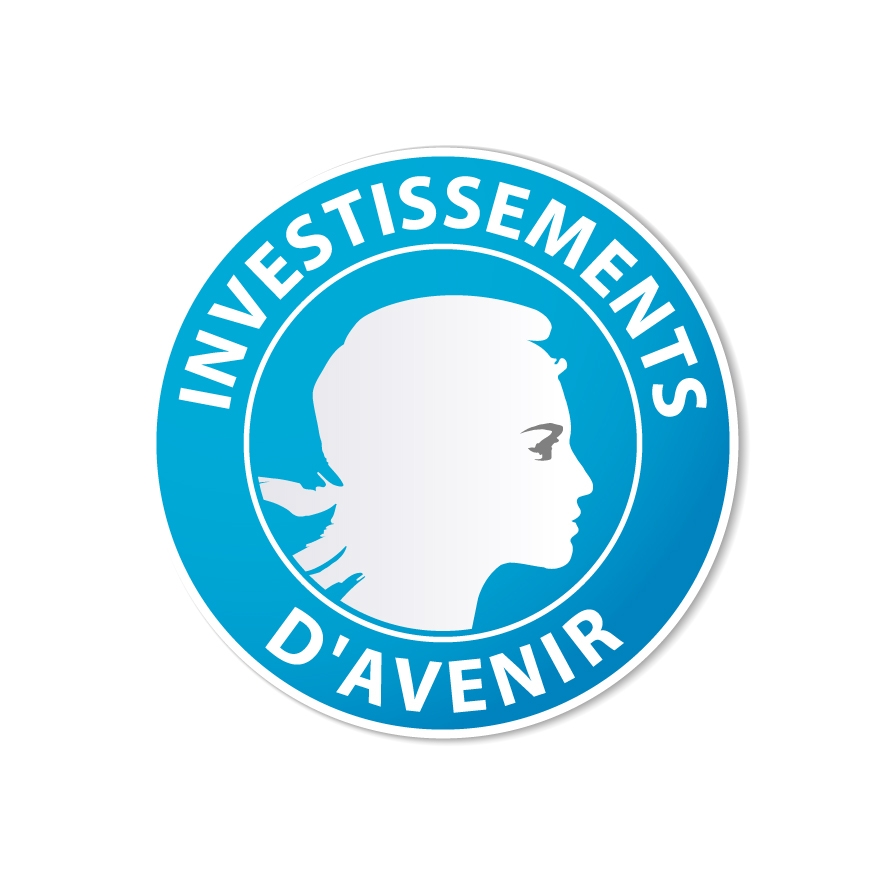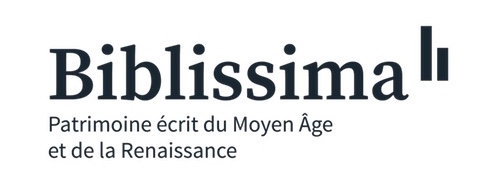Résumé :
In 2022, the question "what is the need for a library?" is becoming increasingly frequent. Many of those who believe that humanity is developing are particularly confused by the kilometers of books that have been accumulated. Not knowing that the digital library is also a library, and not knowing that we still have a long way to go before the written heritage of humanity becomes part of the numerical world. Even then, humanity will not develop, but, suffice it to say that technology does. If we look at the library of the Hungarian King Matthias Hunyadi (1443-1490), the Bibliotheca Corvina, we can follow its history along similar lines. Why and how the collection was created, which in the opinion of the political leaders of the Hungarian Kingdom—not necessarily more cultured than nowadays—was meant to be "pro decore Regni", i.e. "for the pride of the country". The arrival of Beatrix of Aragon (1457-1508) and her entourage to Buda (1476) accelerated the book collection process. In Europe between 1470 and 1520 Western Christianity existed in a shared world of values. Within the Christian Church, as a monk named Martin Luther (1473-1546) did, the texts of the early church fathers and of the saints of personal religiosity were published, analysed and interpreted, while secular humanists did the same with the ancient corpus of texts and the textual memories that have been preserved from the early church fathers. Furthermore, they collected sources with people like Cosimo de Medici il Vecchio (1389-1464), who had the Bibliotheca Graeca and Bibliotheca Latina chambers set up in the convent of San Marco in Florence, and with people like Matthias Corvinus, who did the same in Buda.







